January 26, 2016
The road to Bali and other destinations for the world’s remote workers 0
 The number of people who work from home or travel as freelancers has grown rapidly in the last 25 years. In 1990, as a percentage of the US population only 5 percent fit this classification, today it is closer to 30 percent. From photojournalists to graphic designers, to computer programmers – an increasing number of people are leaving the traditional office behind. The underlying reason is not difficult to establish. People are taking advantage of the opportunities offered them by technology. It’s no coincidence that the number of people working remotely has risen in parallel with the growth of home computing and internet connections, and more recently mobile technology. While the majority of those that traditionally followed this path became self employed, today companies are beginning to hire people to key positions without actually needing them to work from the office. Remote work is no longer just a freelancer’s game.
The number of people who work from home or travel as freelancers has grown rapidly in the last 25 years. In 1990, as a percentage of the US population only 5 percent fit this classification, today it is closer to 30 percent. From photojournalists to graphic designers, to computer programmers – an increasing number of people are leaving the traditional office behind. The underlying reason is not difficult to establish. People are taking advantage of the opportunities offered them by technology. It’s no coincidence that the number of people working remotely has risen in parallel with the growth of home computing and internet connections, and more recently mobile technology. While the majority of those that traditionally followed this path became self employed, today companies are beginning to hire people to key positions without actually needing them to work from the office. Remote work is no longer just a freelancer’s game.







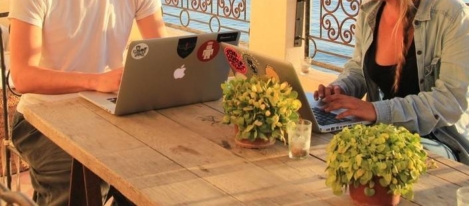


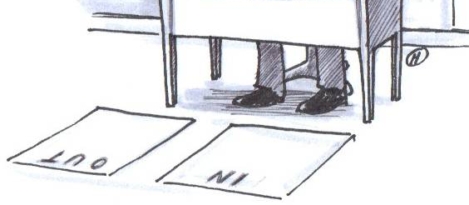
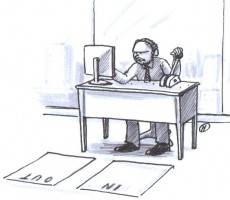
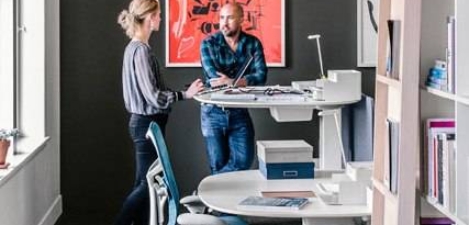







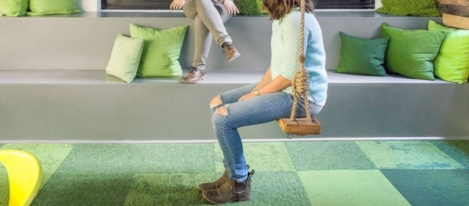



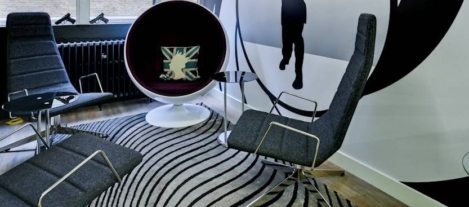












January 26, 2016
Could a sexy office help you seduce clients back to your place? 0
by Darren Bilsborough • Comment, Facilities management, Workplace design
(more…)